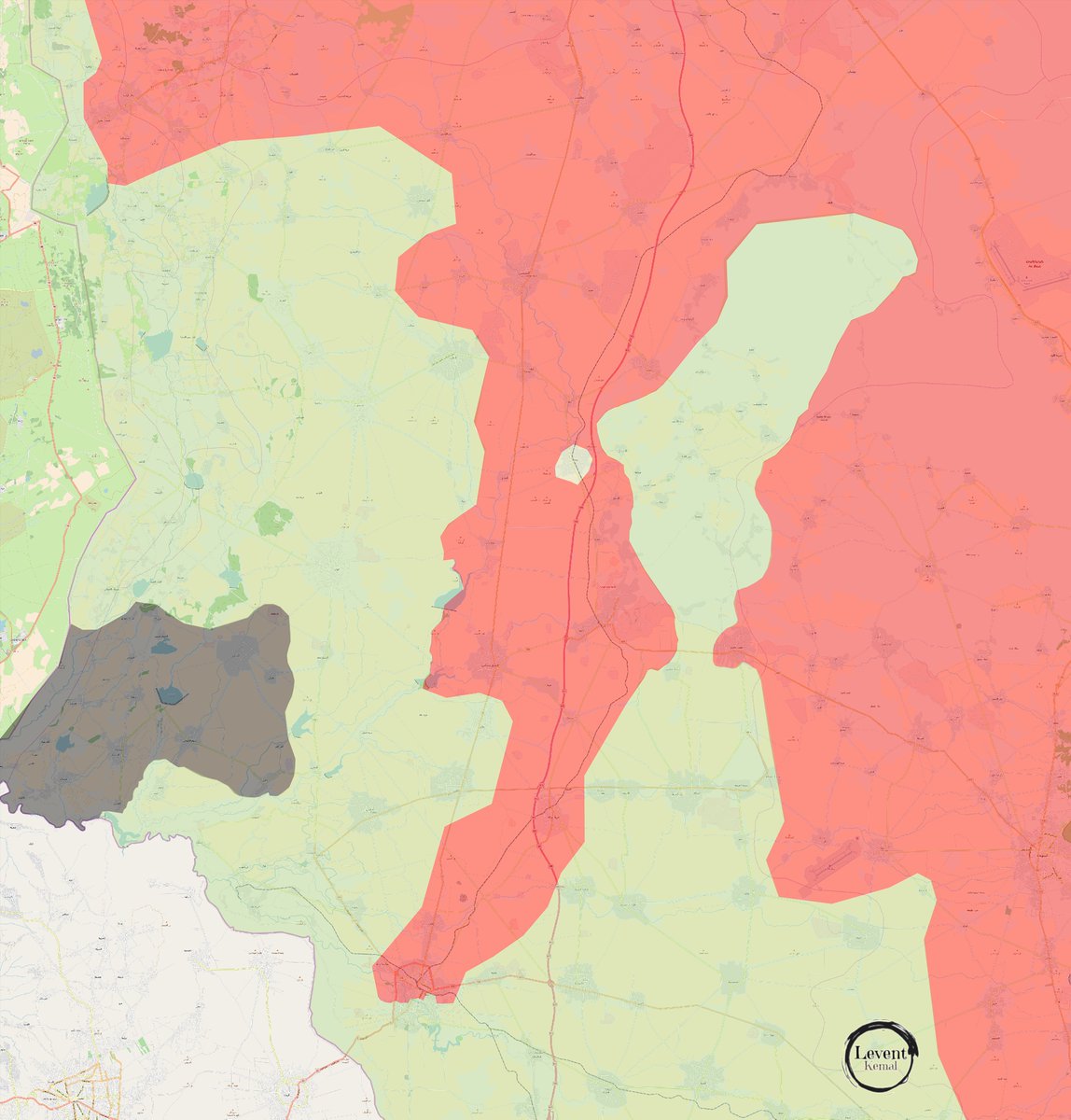
'The revolutionary factions in the Central Operations Room in the south managed to free a number of Christian civilians from the Syrian regime forces, who used them as human shields in the raids of Daraa.
During the Syrian regime's progress to the town of Jbeib east of Daraa, its forces used civilians including women and men as civilian shields to prevent the Free Syrian Army from targeting, and after the introduction on the town's outskirts , the factions launched a counter-attack destroyed two tanks and killed many of the attackers, many families were liberated and later found to be Christians and were used as human shields.
The operations room announced today the destruction of four tanks and a truck for the transfer of soldiers of the regime forces in addition to capturing a group of elements on the engagement fronts of the town of Jbeib and the air base and Zemel area.'








